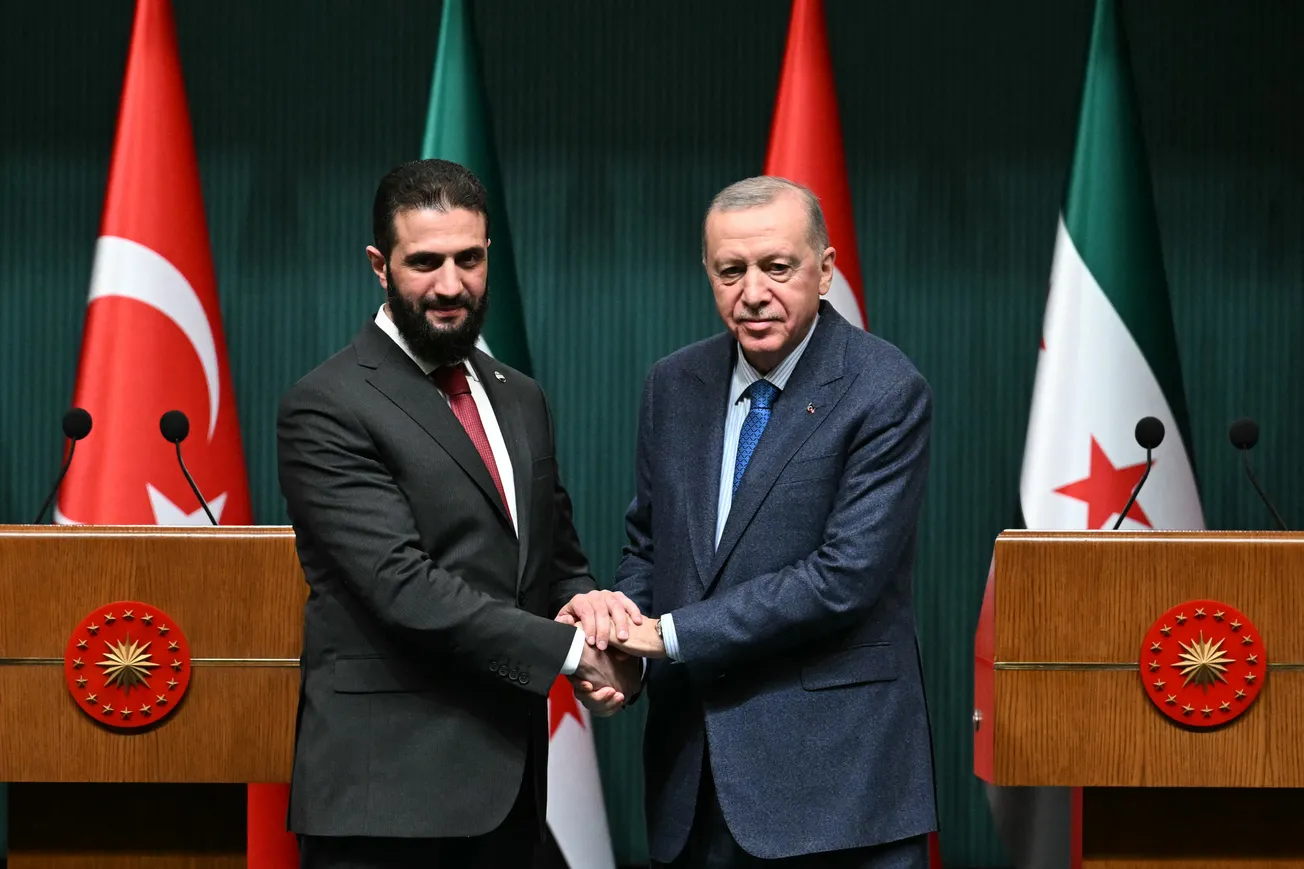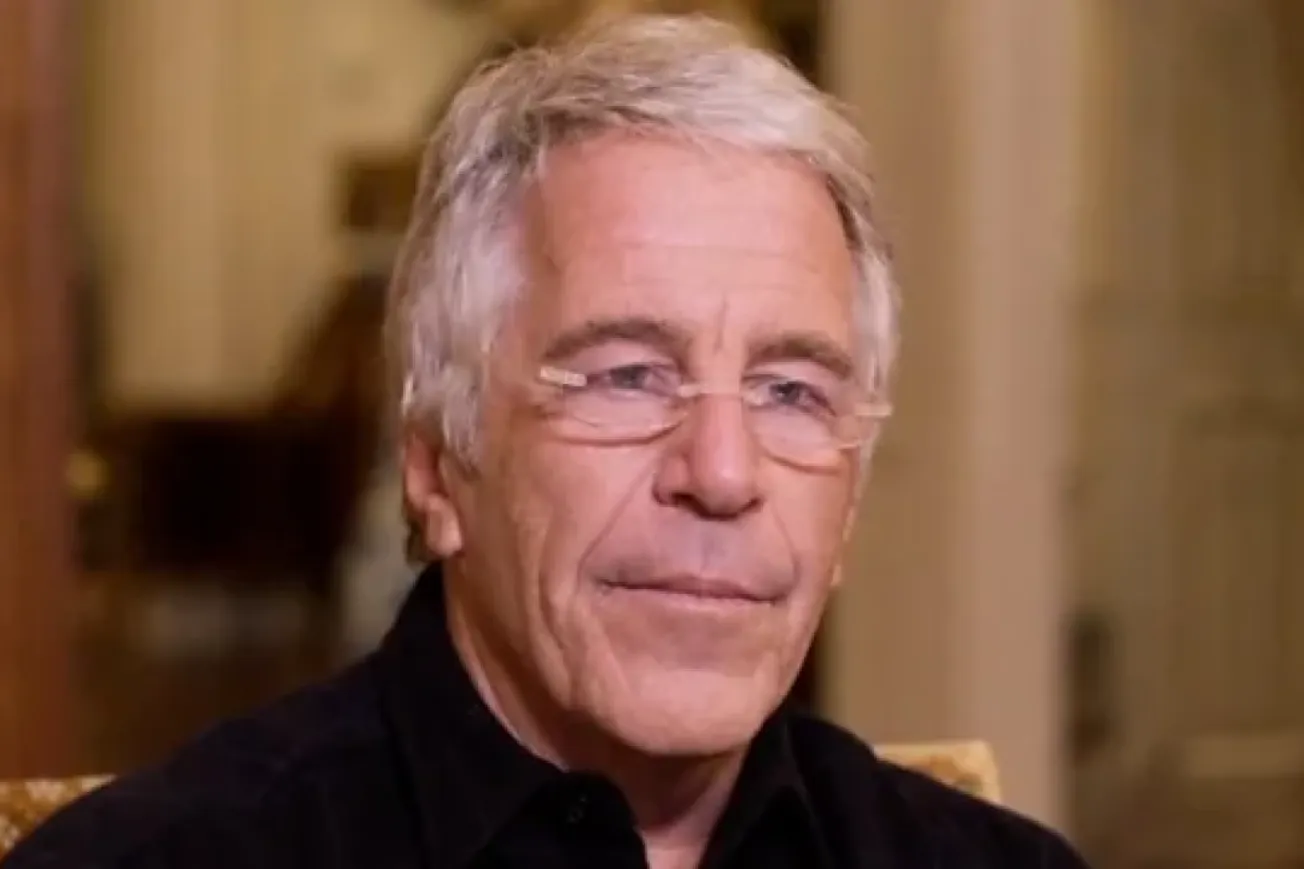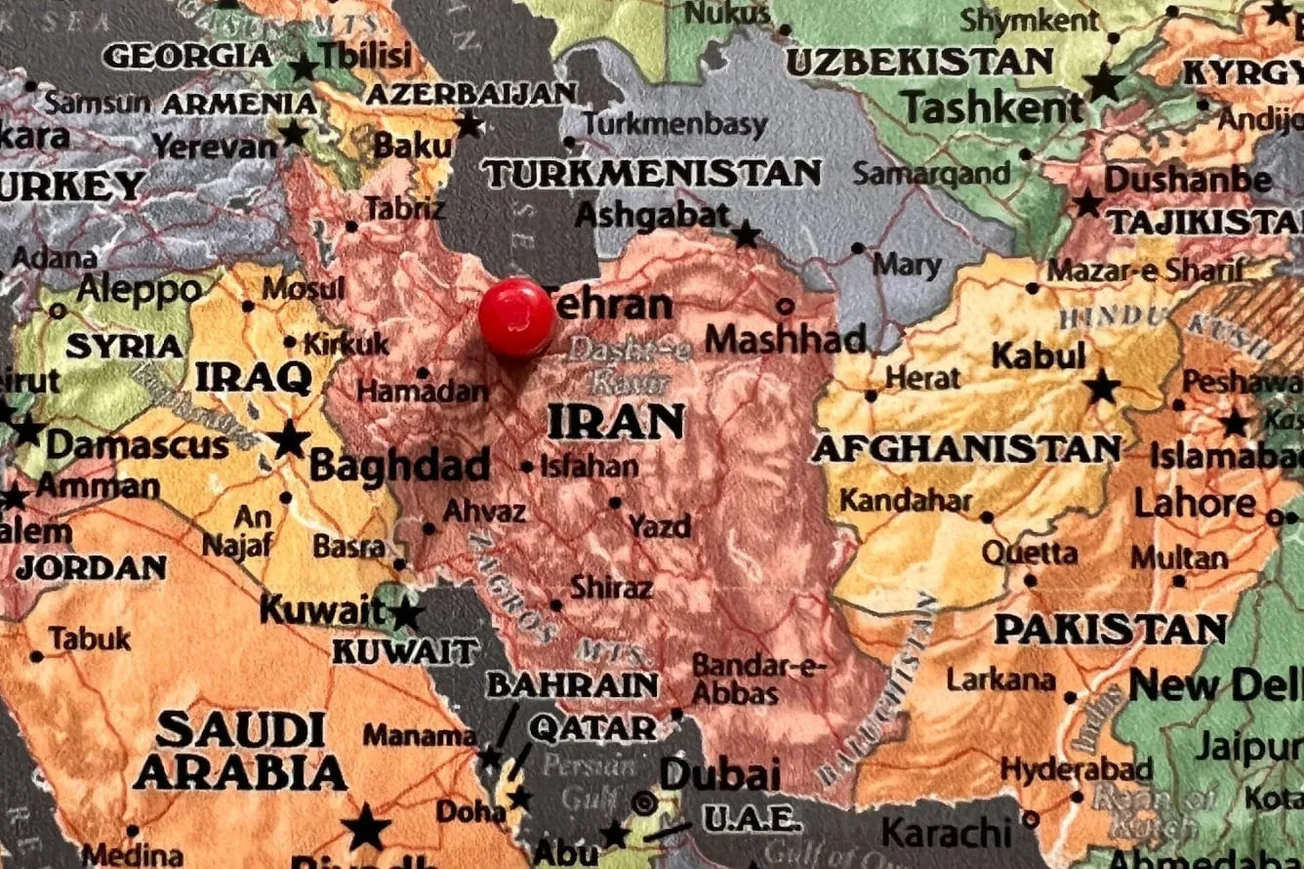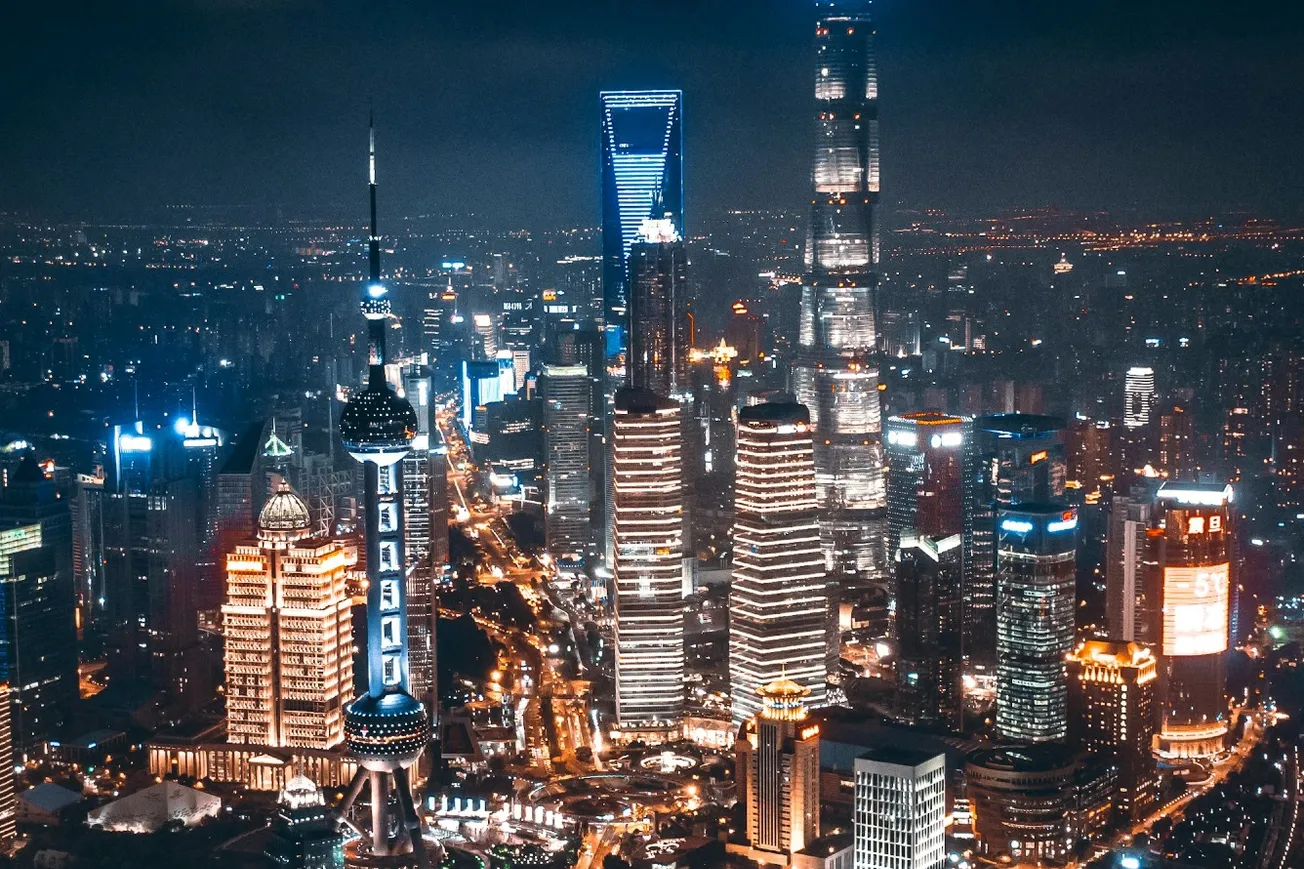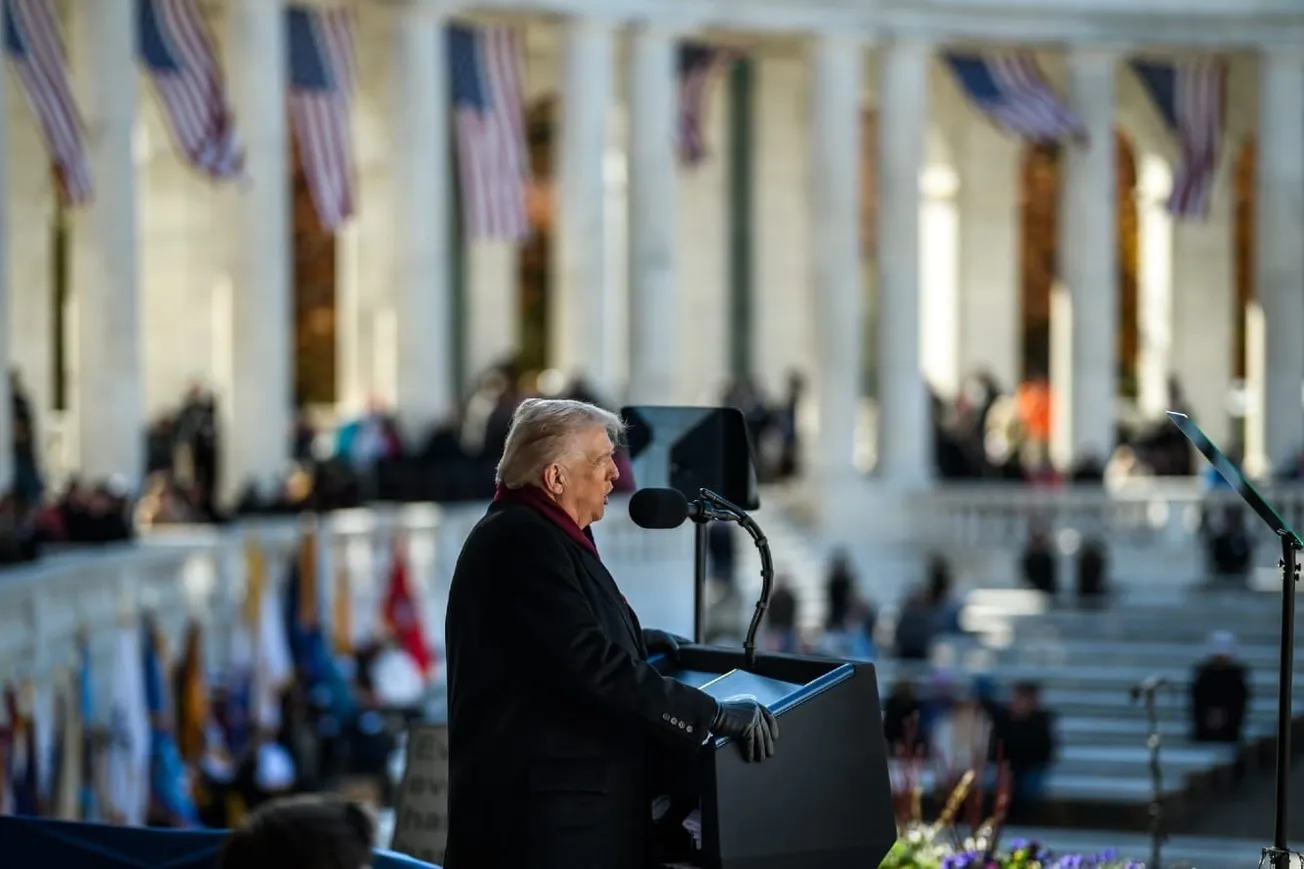By Shlomo Ben-Ami, Project Syndicate | Feb 14, 2025
Whether Israel likes it or not, Turkey is better positioned to dominate in the new, post-Assad Syria. In lieu of a Western-style democracy – which is not in the offing – an Islamist regime whose leader has announced the disbanding of 18 armed militias and called for peace with Israel is about the best outcome Israel could hope for.

